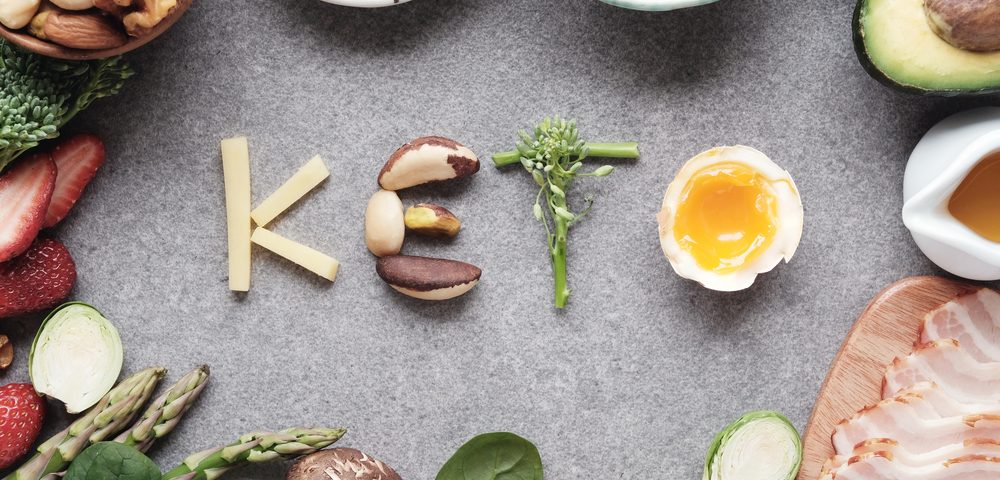Top Keto Diet Mistakes and How to Avoid Them

Keto, Ketogenic diet, low carb, healthy food
Are you considering going keto? According to research, a ketogenic diet may help you lose weight faster than conventional weight reduction plans. And many proponents believe that taking very low carbs increases their energy and allows them to think more clearly.
Therefore, giving this modern dietary plan a try may result in significant advantages. If you understand what you’re doing, that is.
A keto diet may go wrong in various ways, and when it does, you may find yourself feeling quite awful. Here are five typical keto rookie mistakes and what you’ll do to avoid them.
Drinking Insufficient Amounts of Water
This is among the most common errors that dieters make. During the first days of the Keto diet, your body undergoes a number of metabolic mechanisms to adapt to the new diet. One such process is the loss of lots of water, which could lead to dehydration and cause Keto Flu symptoms.
The body processes fat for energy, and once this process begins, it is impossible to increase fluid intake. If you do not drink enough water, your body’s metabolic rate slows down, and it will be unable to burn fat and cause weight loss.
Water aids in the efficient circulation of nutrients washes out impurities and aids in the burning of fat from the body. The general rule is to take 0.5 -1 oz of water for every pound of bodyweight.
Not Taking the Right Fats
You know that a keto diet emphasizes the consumption of larger amounts of fat, but do you understand the distinction between healthy and unsafe fats? However, most dieters do not, and as a result, consume more bad fats, which is harmful. Among the most important aspects of implementing a Keto diet is consuming good fats in the appropriate proportions not to harm your body. The following are some healthy fats to incorporate into your Ketogenic diet:
• Olive oil
• Animal fats (ideally from pastured animals)
• Monounsaturated fats (broccoli, avocado)
• Berries like Blueberry and Strawberry
• Coconut oil
Consuming too Much Dairy Products
Dairy products appear to be the ideal high-fat and low-curb food source, but over-consumption of dairy products, such as cheese might derail your diet strategy. You may overeat if you fail to keep count of the dairy products you consume. The essential word here is moderation. Furthermore, many dairy products include sugar, so always read the nutrition label before purchasing.
Excessive Snacking
Snacking is the most convenient approach to consume additional and excess calories. The keto diet has a fulfilling impact, implying that you should not crave snacks while on it. If you’re still hungry, try adjusting your diet or eating snacks in moderation. Cheese, seeds, nuts, and avocado are all OK. However, only do this if you are very hungry between meals.
Not Having Sufficient Sleep
If you want your keto diet to function, you must obtain at least 7-8 hours of sound sleep every night. This will assist your body in repairing itself. Sleep deprivation can raise sugar cravings and stress levels, which can impact ketone production in the body. Increased cortisol levels might result in undesired fat gain.
Keto is a distinct diet that, without a doubt, produces the finest long-term benefits; nevertheless, you must be devoted to it and watch your calorie intake. Ultimately, if you want to lose weight, you must burn more calories than you consume.

